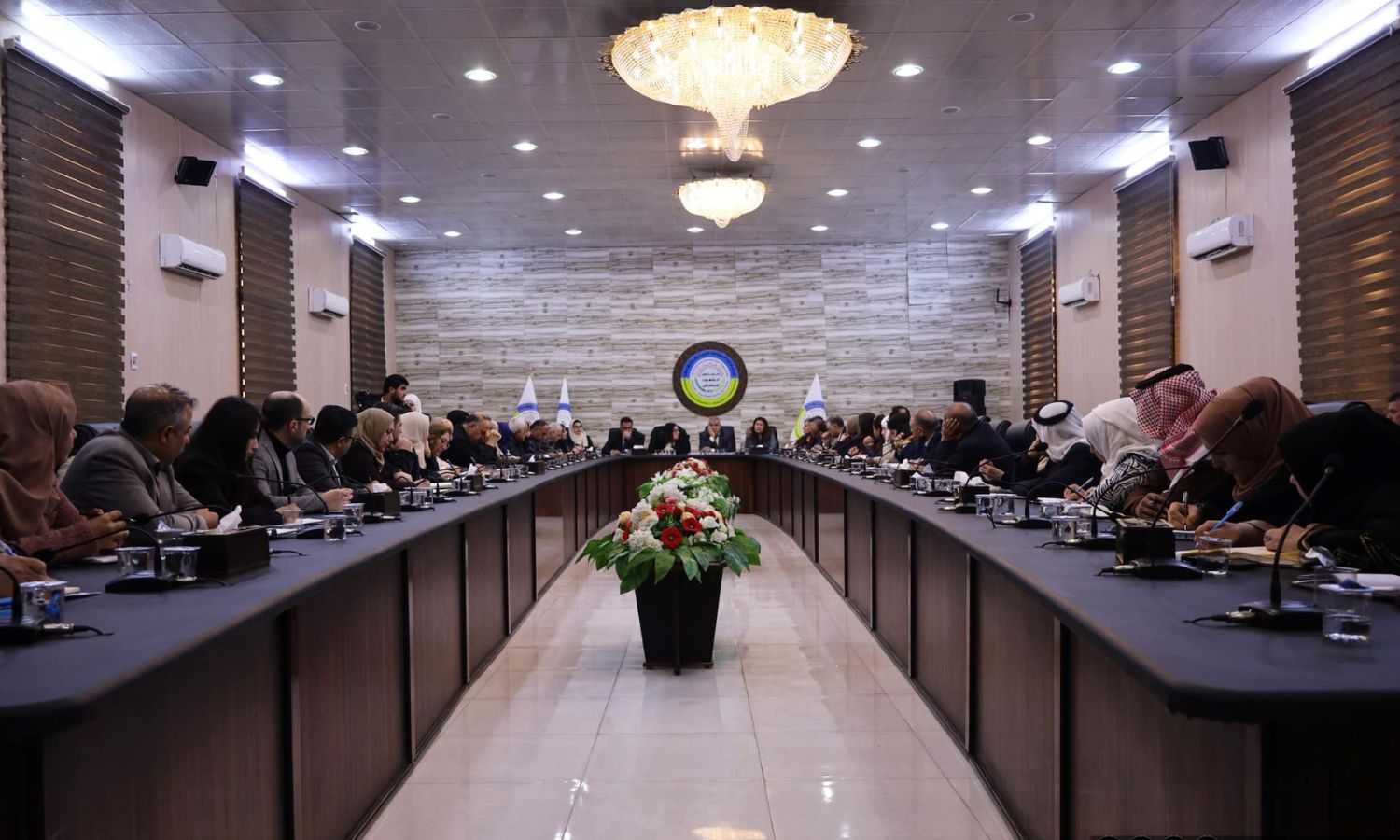The Autonomous Administration in northeastern Syria has announced a new law governing municipalities within its control, intending to establish a legal framework for their responsibilities, coinciding with the upcoming municipal elections. According to the official announcement made on Monday, on its website, the administration defines municipalities as local service entities and catalysts for socio-economic development, endowed with “semi-financial and administrative independence.”
As outlined in the law’s third article, municipalities are established in accordance with legislation governing administrative divisions within areas under the purview of the Autonomous administration. Among their mandates, municipalities are entrusted with tasks such as urban planning, issuing construction permits, ensuring equitable water distribution, infrastructure development, and sanitation efforts.
The law delineates 30 specific responsibilities for municipalities, spanning service provision, legal oversight, and regulatory functions, including street lighting, lease agreement oversight, tax collection, and marriage registration services for residents.
Further detailing municipal governance, the law allocates a two-year term for municipal councils, with subsequent electoral cycles to follow, maintaining a focus on service-oriented activities. Management of municipalities adheres to the “co-presidency” model utilized within the Autonomous Administration, requiring dual leadership (one male and one female) for each position, with joint approval necessary for all municipal decisions or their representative’s endorsement.
Additionally, the Autonomous Administration has confirmed May 30 as the date for municipal elections in its administered areas, as announced during the inaugural session of the High Electoral Commission on March 28th. During this session, three offices were established: Control, Audit, and Appeals; Electoral District; and Training. Discussions also centered on the electoral law draft, culminating in the scheduling of municipal elections in northeastern Syria.
A study conducted by the Jusoor Center for Studies on the drafting and objectives of the “social contract” elucidates the s Autonomous Administration’s pursuit of a “legitimate umbrella” for governance within its jurisdiction. It posits that holding general elections serves as a strategic move to navigate US pressures and address public demands for administrative reforms, aiming to combat corruption and recalibrate economic and security policies.
This article was translated and edited by The Syrian Observer. The Syrian Observer has not verified the content of this story. Responsibility for the information and views set out in this article lies entirely with the author.


